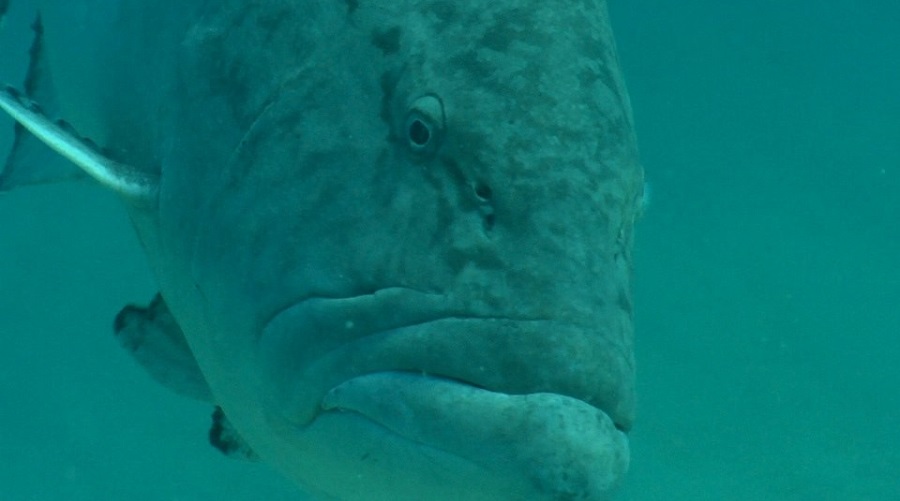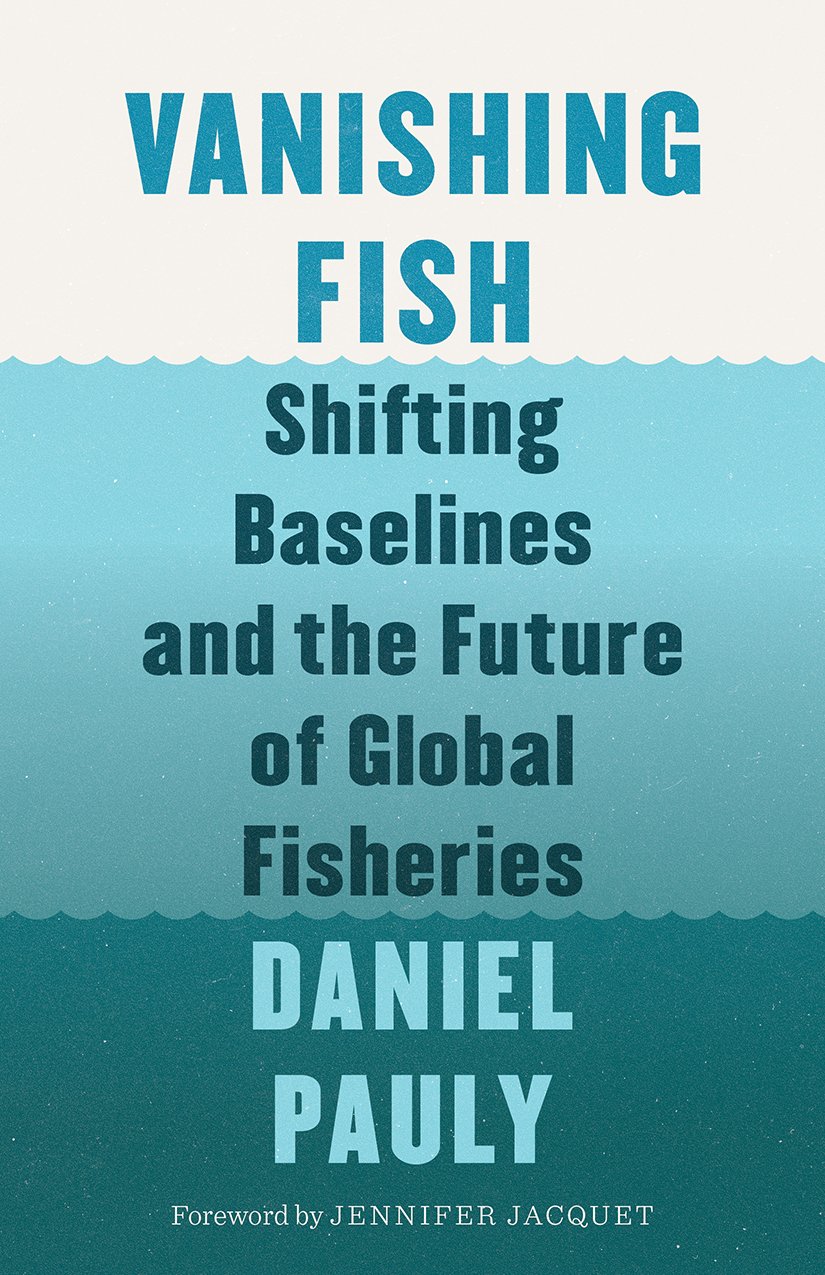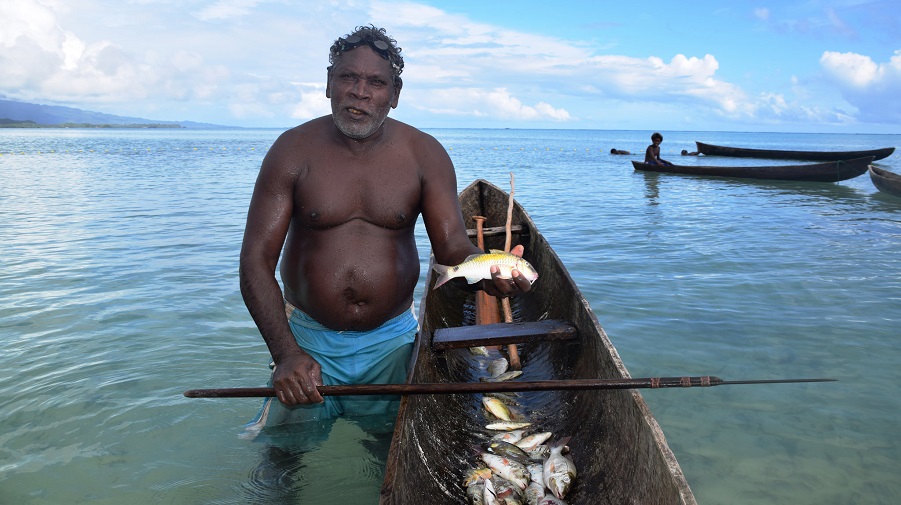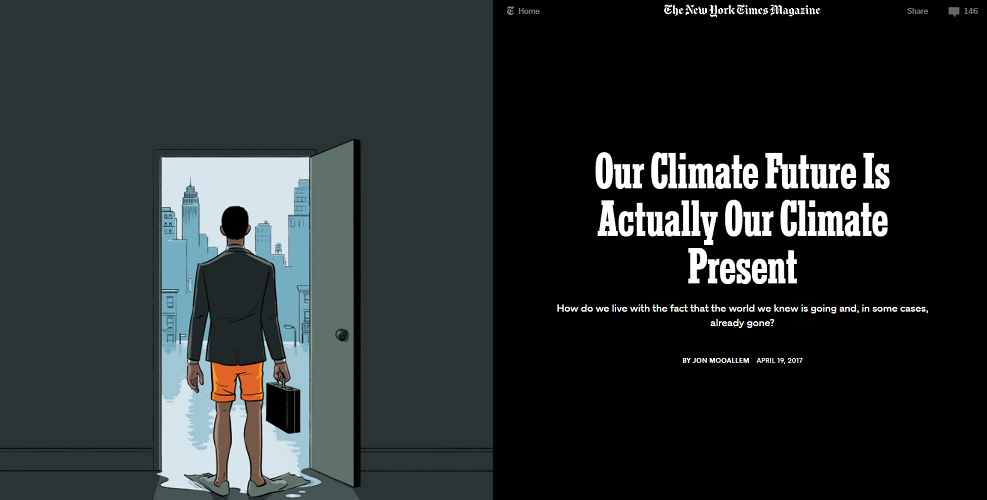How much have humans affected the population of other species on the planet? A new methodology for documenting the cumulative human impacts on biodiversity aims to answer this question.
Dubbed EPOCH -for Evaluation of Population Change- the methodology was developed by a group of scientists from universities in Europe, Asia, and North America. It provides a standardized framework for organizing disperse data on individual species or populations of animals and plants that have been affected by urbanization, pollution, fishing, hunting, over-harvesting, and other anthropogenic activities.
Continue reading →










